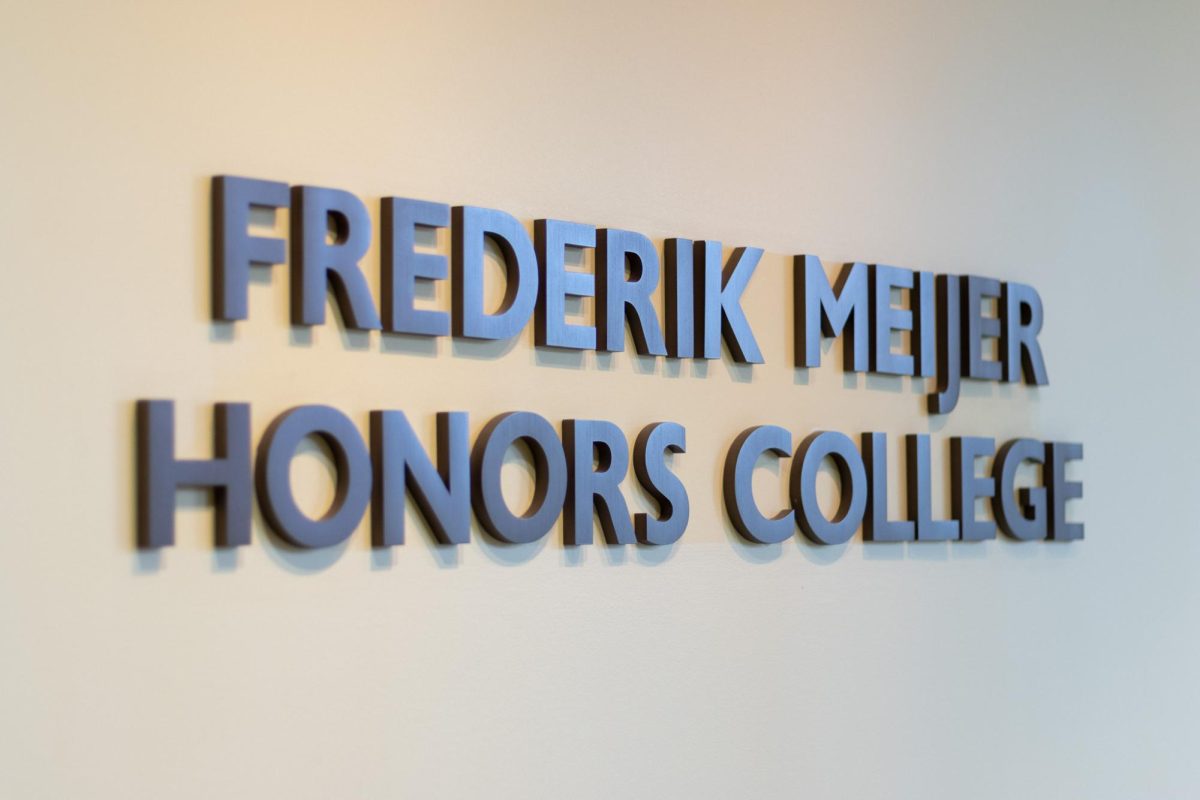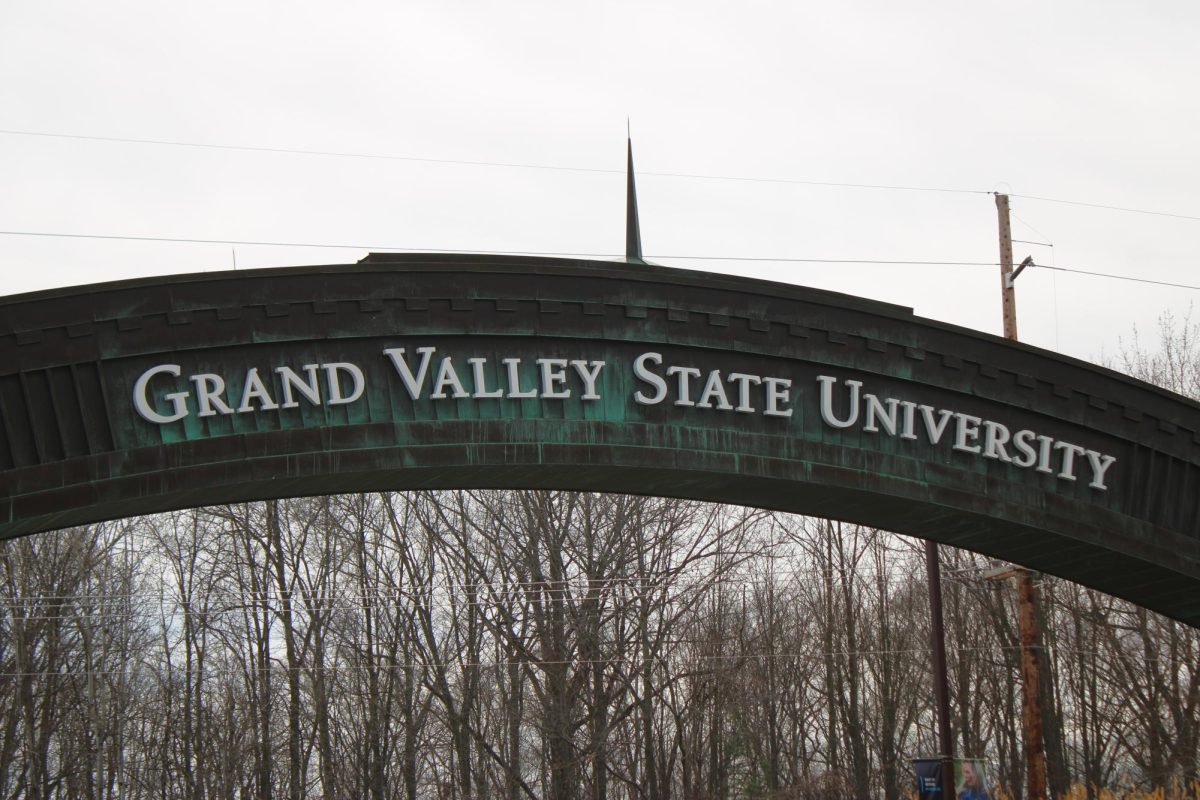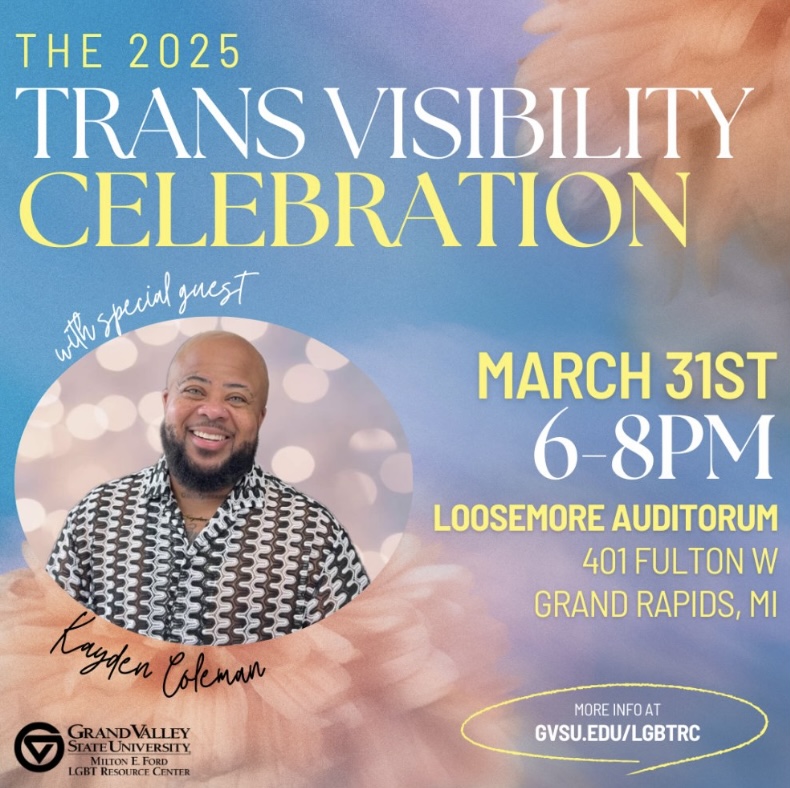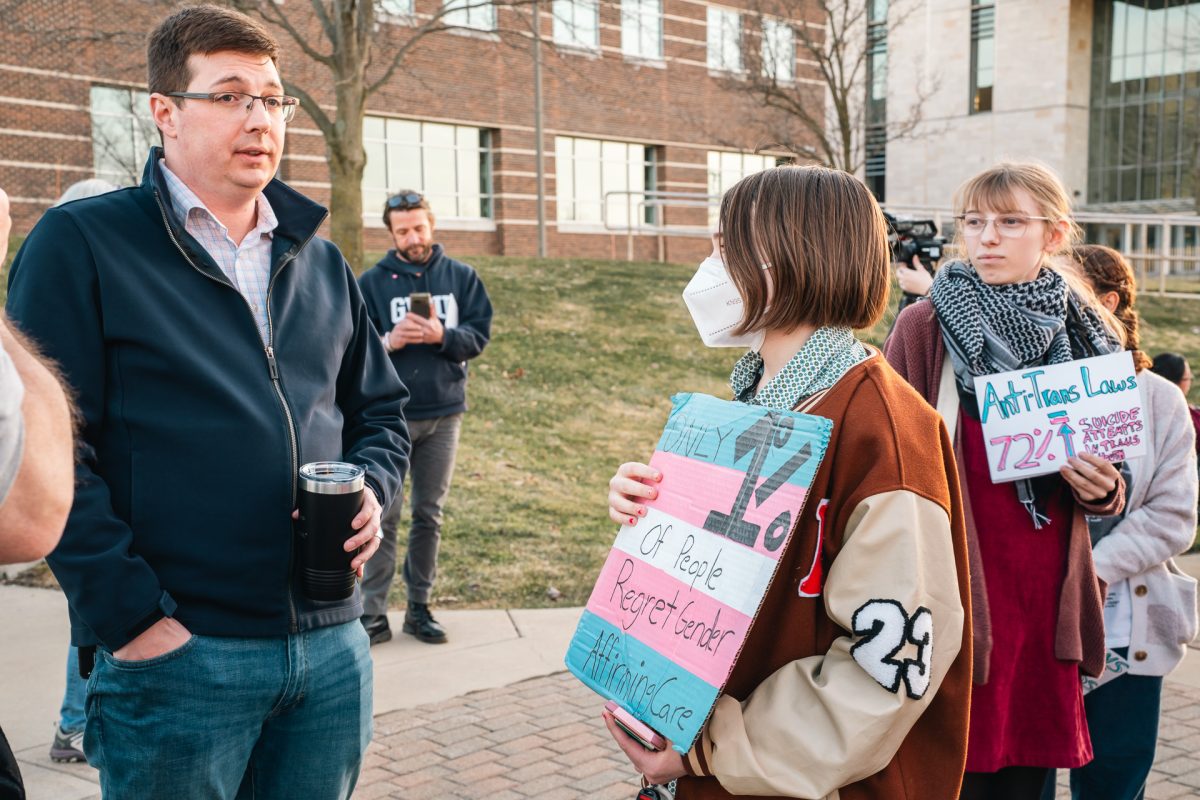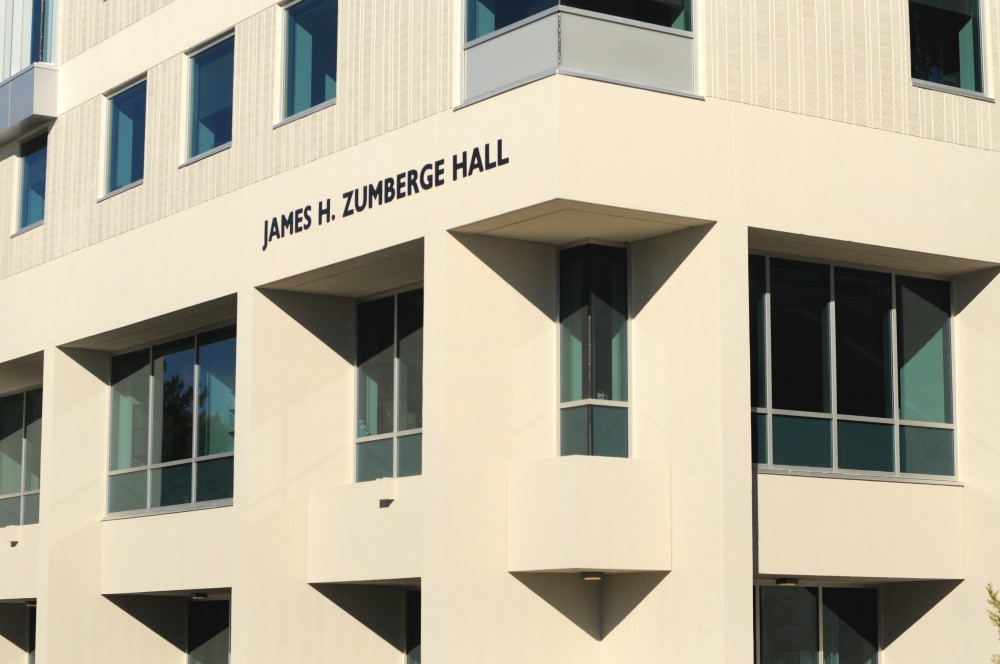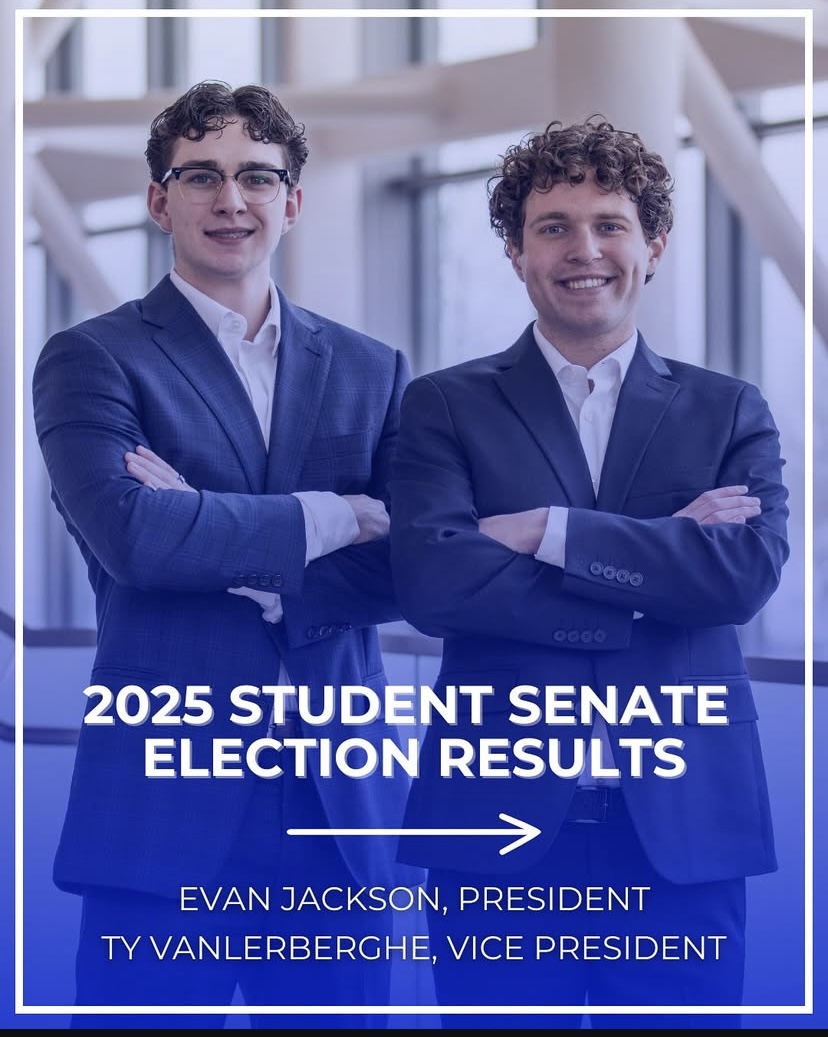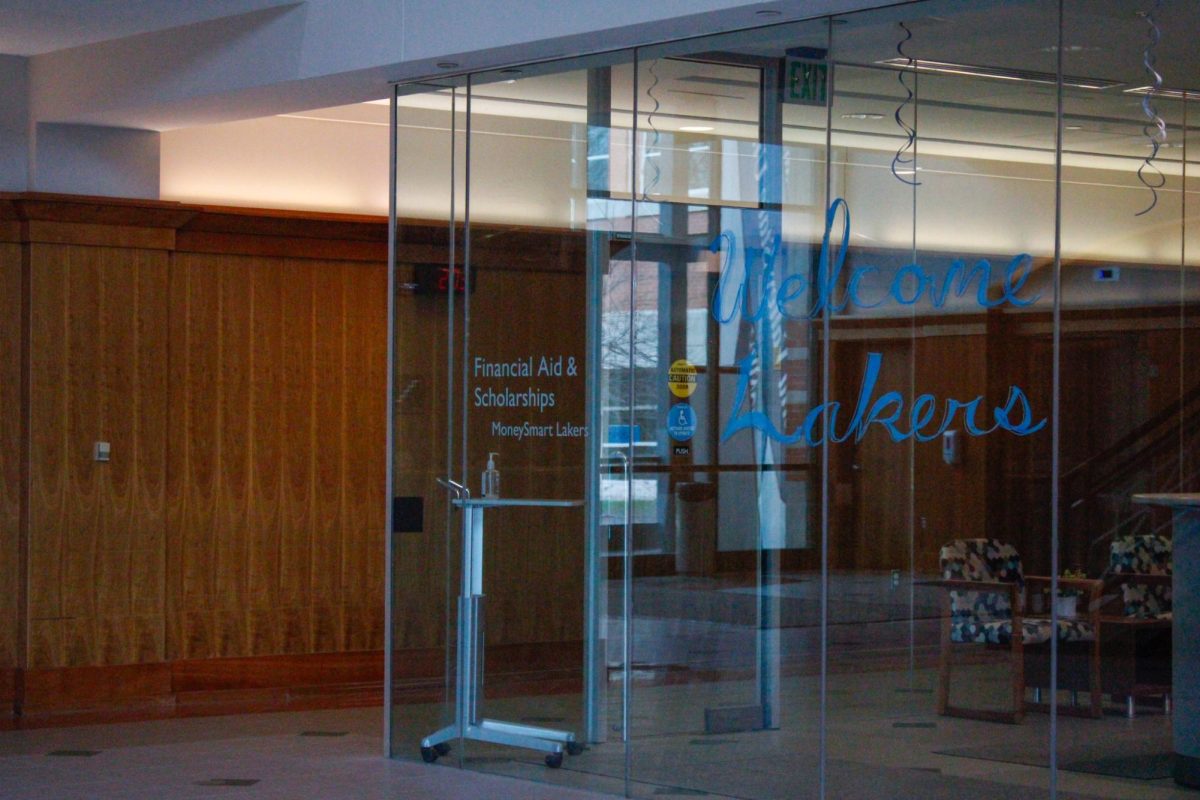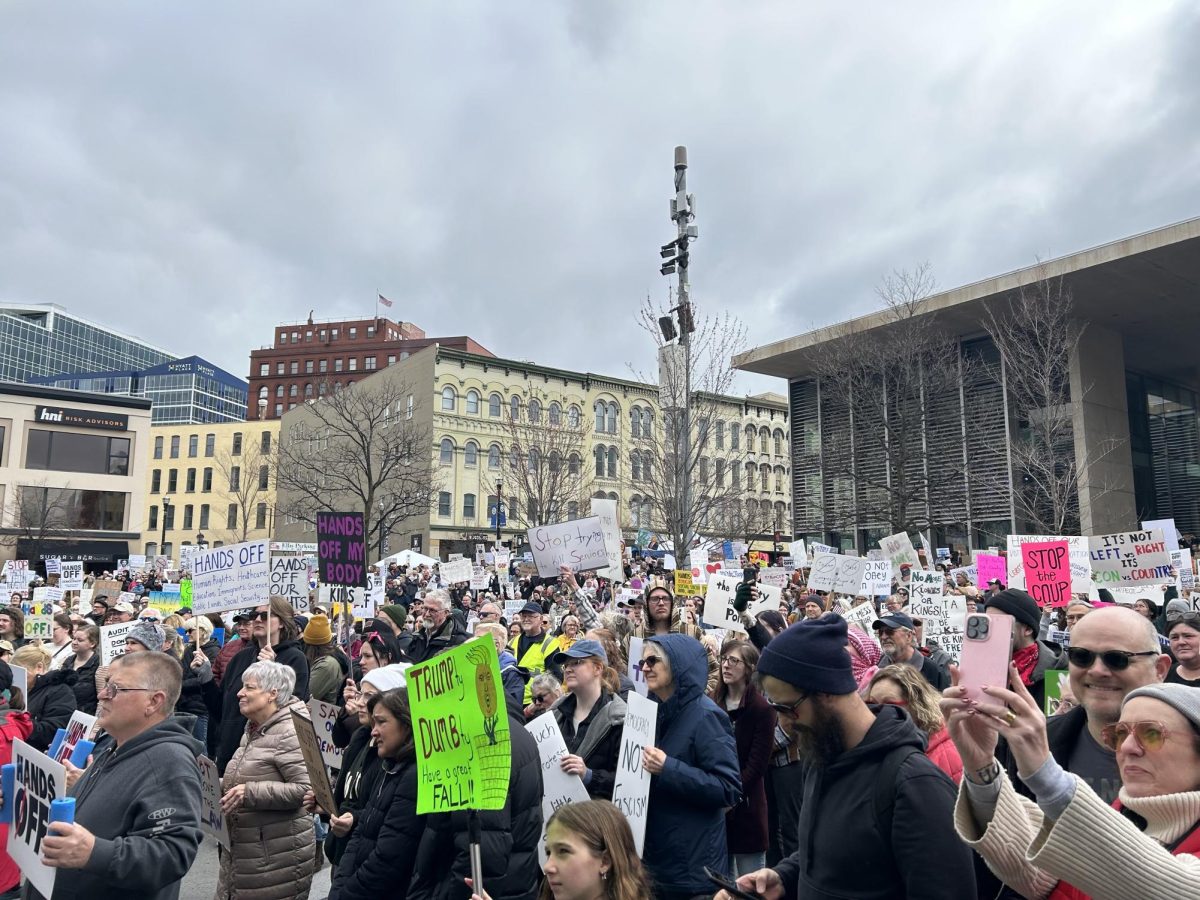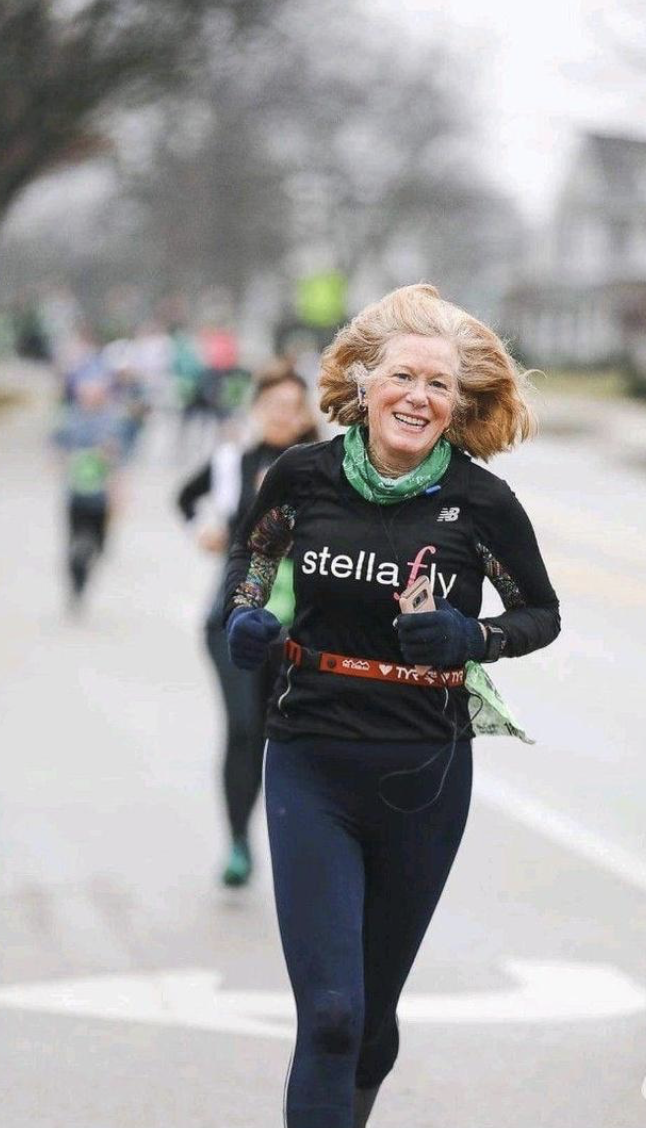Grand Valley State University is offering a new course titled “Civil Discourse–Bridging Divides Through Dialogue” designed by the 2022-2023 Endowed Professor of Civil Discourse.
All GVSU students with junior standing are able to register for this class for the winter semester. Frederik Meijer Honors College students can also fulfill their community engagement requirements through the successful completion of the gen-ed issues course.
The course is taught by Gregory Warsen, Ph.D., faculty in the GVSU College of Education and Community Innovation. Warren is part of the Educational Leadership and Counseling Department and Educational Leadership Graduate Program Director within the college.
Warsen is the current and fifth Endowed Professor of Civil Discourse at the GVSU Padnos/Sarosik Center for Civil Discourse. Every two years, the Padnos/Sarosik Center invites applicants for the Endowed Professor of Civil Discourse position. Whoever is chosen for the Endowed Professor position then has the opportunity to develop a course and symposium to examine contemporary issues and diverse perspectives.
The class Warsen designed examines the role of discourse in social issues. Students can expect to learn about communication tools, diverse perspectives and collaboration. Warsen will be directing this course in harmony with his experience in education.
“I think one of the challenges facing society today and certainly public education is not that people disagree, that’s fine, but the question becomes, how are people disagreeing,” Warsen said. “Part of what motivated me to apply to be the Endowed Professor was that I just saw all this polarization in the public education space and it’s like, we’re having a hard enough time finding teachers and administrators, let’s not add to the problem by having folks worry about going into environments that are just going to be that heated.”
Students will have the opportunity to demonstrate the knowledge they have gained in this course in a culminating final titled “The Curiosity Project.” Students will be required to identify their opinion on an issue and discuss it with a handful of individuals who have an opposing viewpoint. Warsen intends for students to engage in these conversations in a healthy, productive and curious way in order to better understand the opposing side.
“(Civil Discourse work is) not really about changing somebody’s mind, so much as it’s about getting to an understanding of how a person got to where they are on a given issue,” Warsen said. “The result of The Curiosity Project may be a shift in the student’s opinion based on the experience of completing the assignment. Or it may be that position is reinforced and really either is okay.”
Warsen hopes students will be able to carry the ability to listen and understand a variety of opinions into their future professions after completing the course. Warsen said discourse tools are useful for students because it’s “pretty hard to get into a profession where there aren’t going to be a wide variety of different viewpoints.”
“Solid leaders in a variety of different fields are often those folks that can lead with their ears,” Warsen said. “A really good leader is going to ask really good questions as opposed to just saying, ‘Here’s the vision I think we should do, and let’s go with that’ kind of thing.”
The “Civil Discourse–Bridging Divides Through Dialogue” has several open spots for enrollment in the winter semester and will meet on Tuesdays and Thursdays from 2:30 p.m. to 3:45 p.m.




